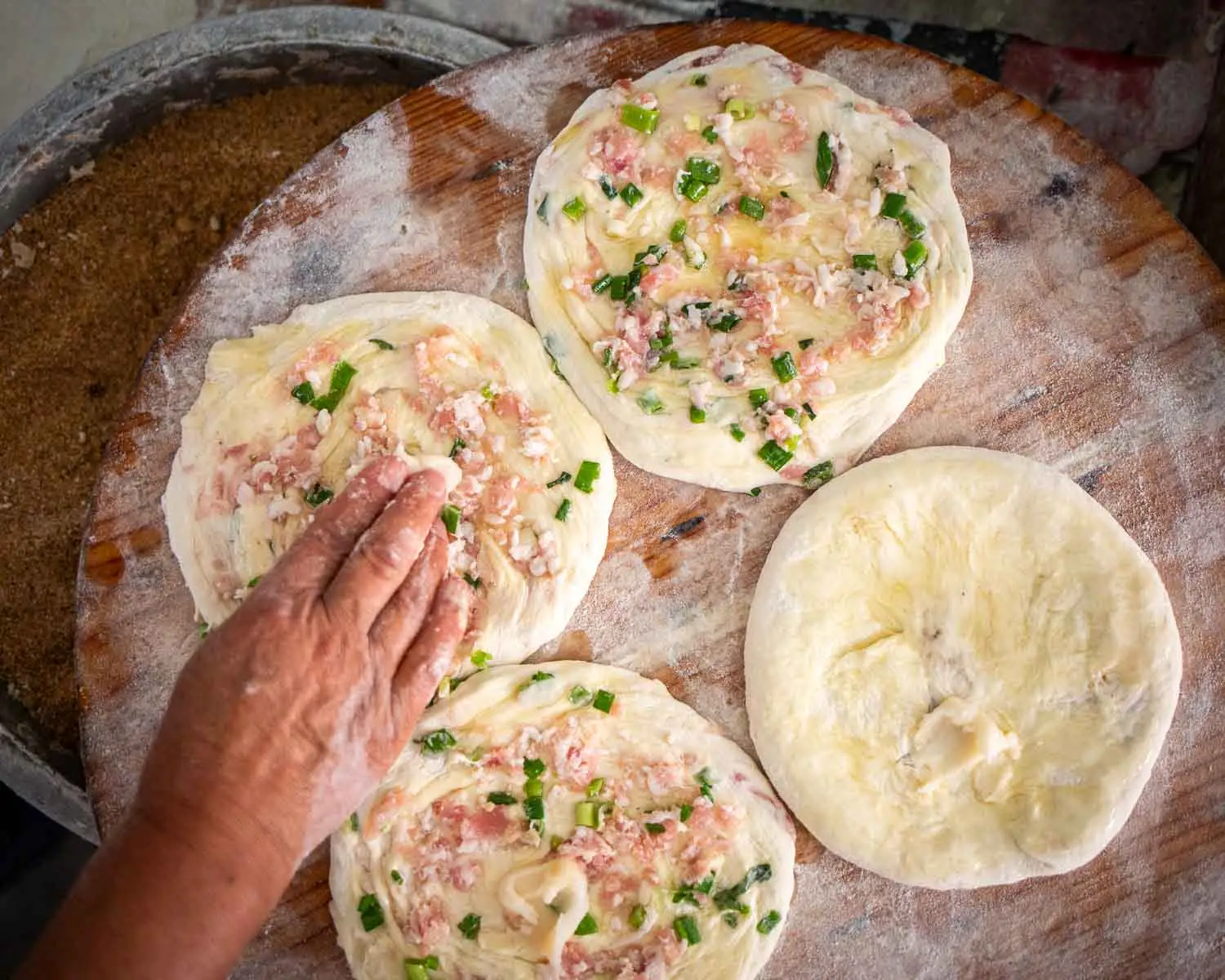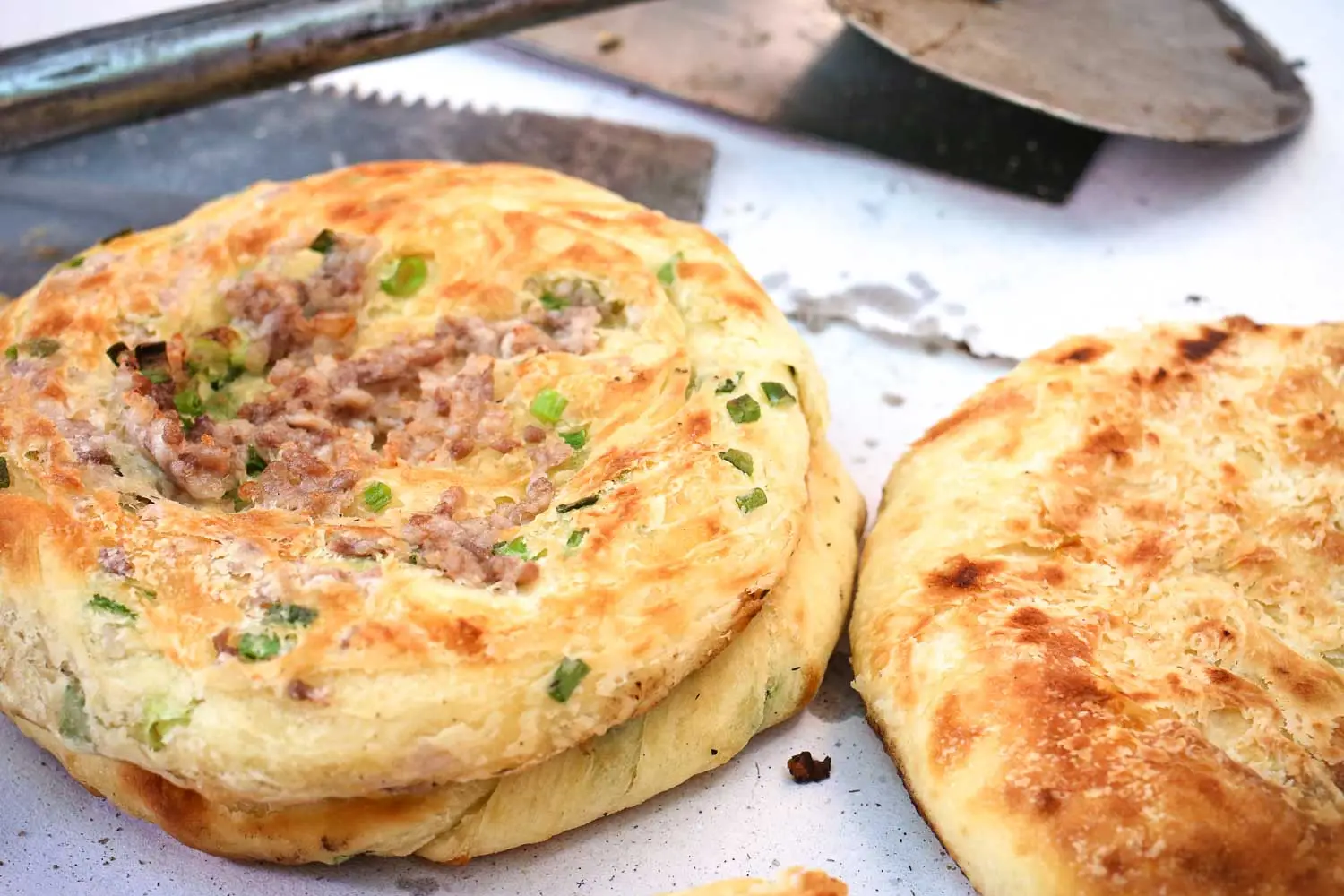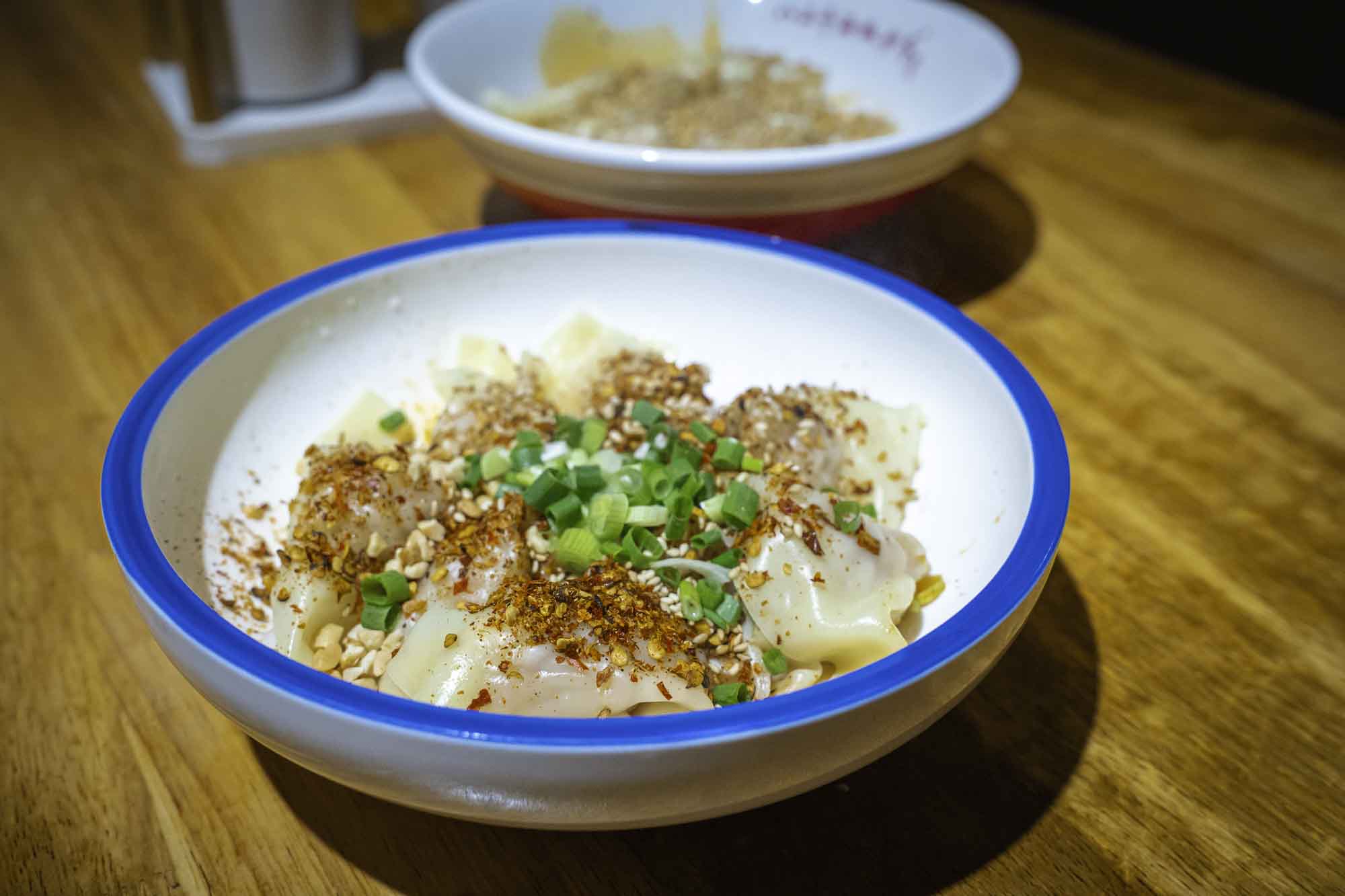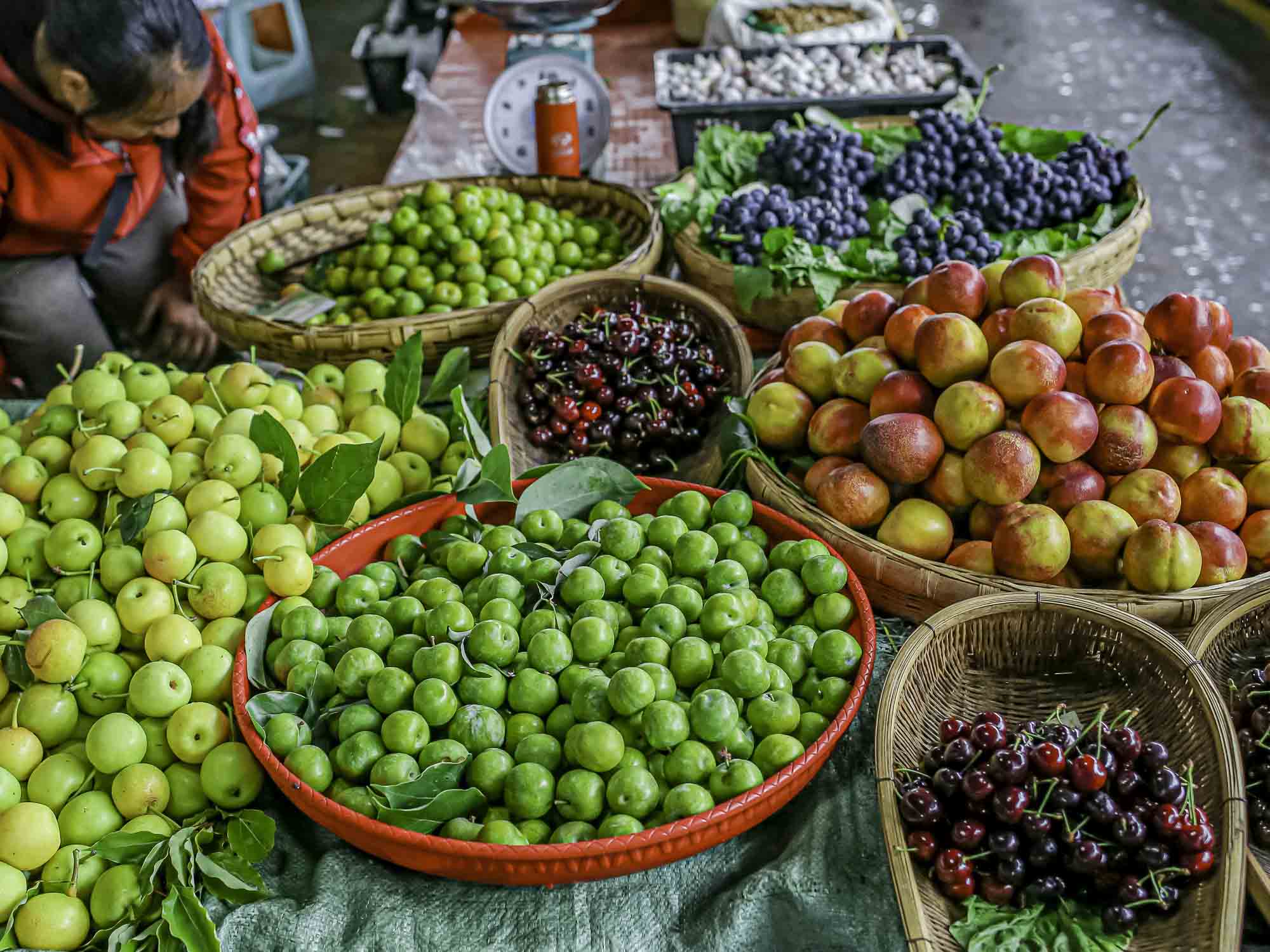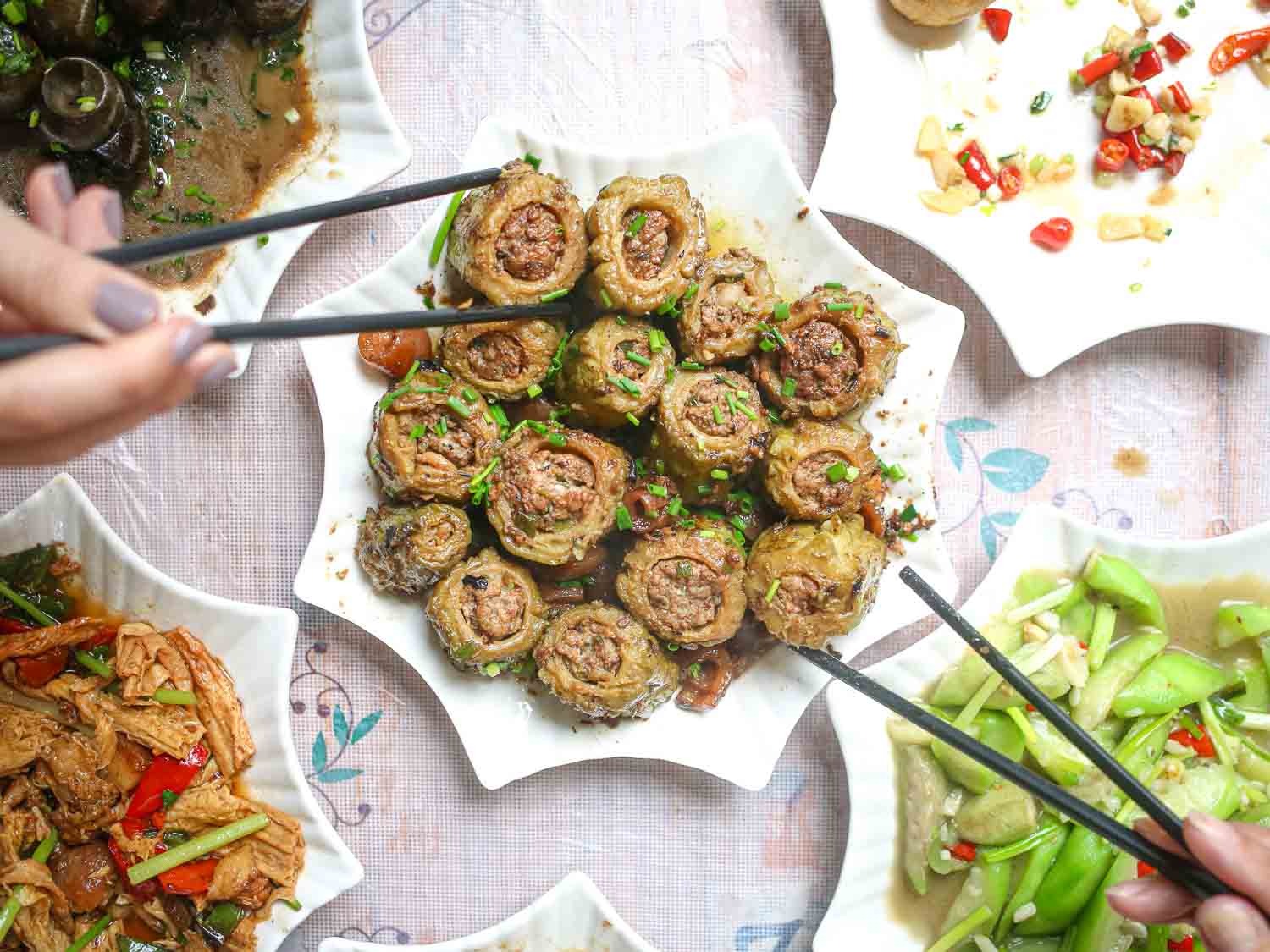Savor Beijing’s Imperial Eats, Palaces, and Hidden Hutongs
From $1450 USD
Spend 4 days eating your way through Beijing’s most iconic sights. Discover the Forbidden City’s ancient halls and courtyards, walk along the Great Wall and its watchtowers, explore historic hutong neighborhoods like a local, sit down to the city’s best Peking duck, and taste dozens of dishes Beijingers return to again and again.
4 days, 3 nights

